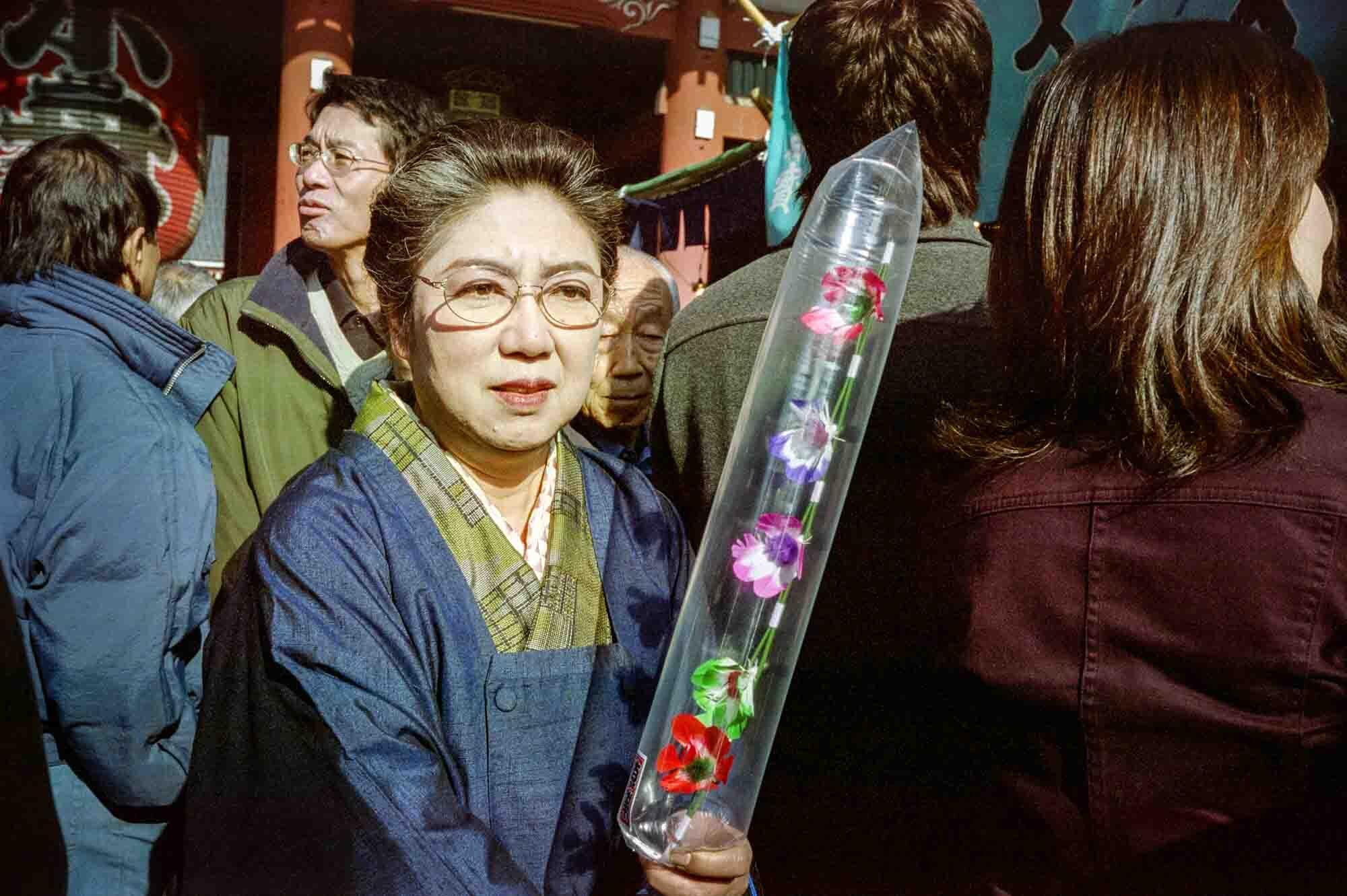
Some of the thoughts that went into the name:
kai (umi) — both Naoko and I grew up on islands, surrounded by the sea. Naoko crossed an ocean once to meet me, and kept crossing it to pursue me. We fell in love, and crossed the same ocean together to start our life and family in Japan.
ka (uta) — given in the hope that our son will be a creator, a performer, a builder, an expresser. The names of Japanese artists Utamaro and Utagawa Hiroshige were the inspiration.
When I was young, on the beaches of Hawaii my brother Kimo and I would look for seashells with my mother. When we found the big ones, my mother would tell us to cup it around our ear. She told us that no matter where you were, if you listened to the seashell, you would be able to hear the song of the ocean. kai (using a different Chinese character) is Japanese for shellfish. kaigara is seashell.
Other considerations: Kaika is derived from the Hawaiian name Ikaika, meaning strong. kai in Hawaiian also means the sea. Naoko and I had decided early on that if it was a boy, we would give it a Hawaiian name (or close to it).
And lastly, the idea for the name first came to me while I was creating some Kanji flashcards. While learning the kanji for akeru (to open), I came upon the kanji combination word kaika, a pairing of the kanji for akeru and hana (flower). Written with these kanji, kaika means “flowering” or “blooming,” in both the literal and figurative senses of those words. I liked the idea of that, as Kaika would be born at the time of Spring that cherry blossoms are making their blooming march across the Japan archipelago from south to north (called sakurazensen).

Kurt, I’ve got to say, seeing Kaika’s name in print – it is a MARVELOUS name.
Both characters are poetic and beautiful on their own. I love how they each are so familiar – you see them in daily life. But you never see them together. And seeing them right next to each other, there is a poetry between their relationship that’s rich and rewarding to explore. Also just visually, the symmetry with more vertically oriented radicals on the outside and slightly more geometric ones on the inside. Quite nice.
To be honest, I suspect he’s going to be referred to quite often as Kai-chan growing up. Correct me if I’m wrong, ka doesn’t seem a common way of ending a Japanese name?
Truly best wishes, now get those photos up!
-Jason
Kurt, yes, agreed with Jason, it is really poetic, REALLY. Check out on Japanese poem, “waka,” I think you would love it too.
Jason, may be for guys, it would be called as Kai-kun. My niece whose name is fuuga (odd name though), is called fuu-kun. But, kaika-kun sounds better than kai-chan, if it’s called ending with -chan. Well personal opinion.